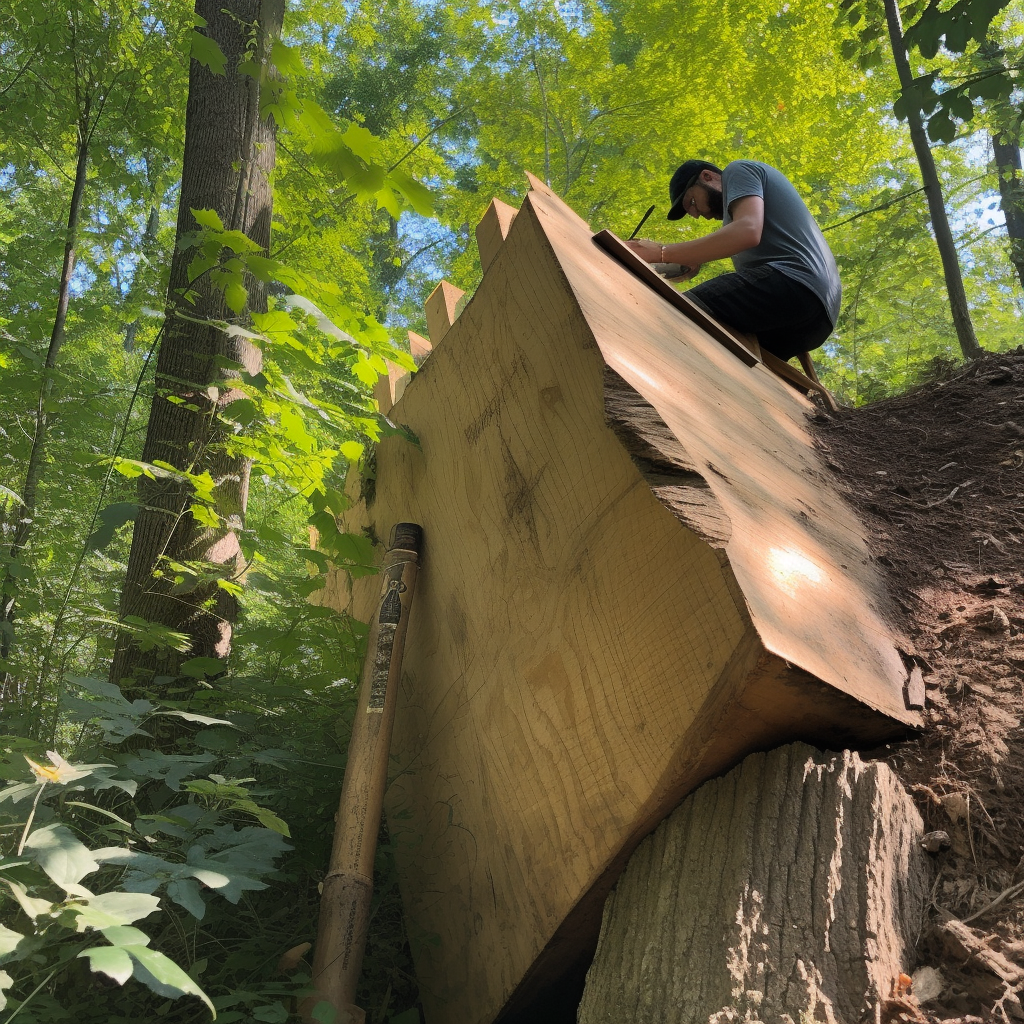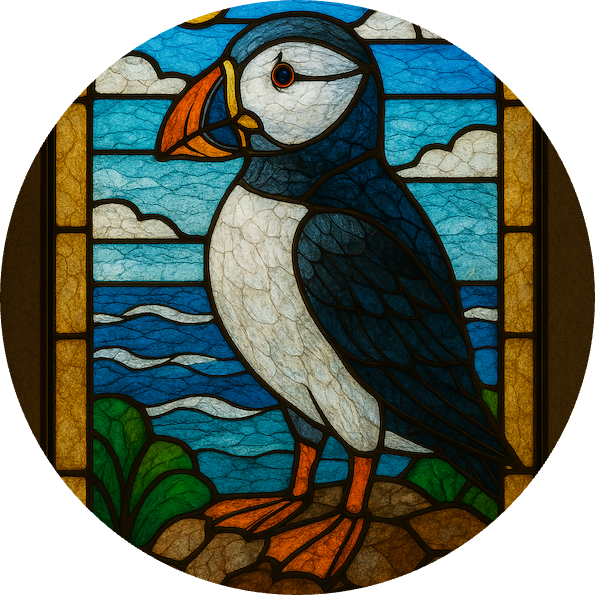According to the Wikipedia article on Writer's Block, Herman Melville stopped writing novels a few years after writing Moby Dick, due to writer's block.
Who knows? Perhaps without that, the world might have seen a sequel named "Gilbert Gator", in which an eccentric Captain Featherboot leads a shipful of befuddled mariners in the swampy bayous of Louisiana in pursuit of a toothless, albino alligator named Gilbert, believed by some to be the last of the dinosaurs.
Other writers plagued by writers block included Mark Twain (Samuel Clemens), F. Scott Fitzgerald, George R.R. Martin, Ernest Hemingway,
Joseph Mitchell, Leo Tolstoy, Harper Lee, J.K. Rowling, Stephen King, and Maya Angelou. Unfortunately for the rest of us, it turns out
that having writers block does not automatically ensure lasting success as an author.
What is Writer's Block?
Nearly everyone who writes experiences some kind of “writer’s block,” although there are many different causes and nearly as many ways of responding to it as there are people who write.
You want to have written—you may even want to be writing—but for some inexplicable reason you haven’t and you aren’t.
Some people poo-poo the idea that writer's block is real. "Gar," a carpenter might say, "they're just lazy. You never hear me whinin' about 'carpenter's block', now do you?" (In my imagination, carpenters frequently start statements with "Gar".)
It turns out there is at least one theory in neuroscience to explain writers block. The author and neurologist Alice W. Flaherty has proposed that literary creativity is central to certain parts of the cerebral cortex, and that stress shuts down this part of the brain. When we are stressed, we are more likely to fall back on familiar, well-worn patterns of thought and behavior.
Reasons and Work-arounds
In practical terms, there are a few less scientific reasons for writer's block. Here are a few of the most common, and some suggestions for dealing with them.
"I’m not motivated” (or “not in the mood”)
The trick is that motivation doesn’t precede action. Action precedes motivation. It doesn’t take much action either. Research shows that if you dive into action wholeheartedly, in 3 minutes and 17 seconds (on average☨), you will find your motivation and will be able to continue without effort.
"My writing is going to suck, and I’ll be embarrassed!""
Yes, it will suck. The secret is that every first draft sucks. Even popular, well-known authors usually wear a disguise and lock themselves in the maintenance closet at the local YMCA when writing a first draft. The trick is to embrace the suck. Revel in it. Grin your biggest grin and charge that word bunker, pen soldier! (Not sure where that came from. It sounds suspiciously like a mixed metaphor, but I’m not sure what it’s mixed with.)
"I don’t have time!""
Nice one, excuse-monkey. Tell me you haven’t looked at TikTok or Facebook or Twitter or Instagram (or any of the other seven hundred million social apps) every twelve minutes over the past week. Or maybe you’ve been too busy to write, but not too busy to binge-watch Netflix? The trick is to reduce your expectations. (That’s actually the trick to life itself, according to ancient scrolls.) You don’t need two hours in a quiet room to write, you just need enough time to write one shitty first-draft sentence. You can do that while holding your breath. Try bringing a little notebook and pen with you everywhere you go, and jotting notes and sentences and doodles whenever you have a moment.
"It’s too much! I want to write a novel, but I’ll never finish it"
The trick is: so what? Maybe the point is to be learning to be a better writer, not writing a novel that actually gets published? You think Ludwig van Beethoven never played scales? Used appropriately, “so what” is incredibly powerful. So What is also a song by Pink, and if you listen to that while writing the words will fly out of your fingers like you’re a metaphorical wood chipper. (Another amazing secret, just between us.)
Let's Sum Up
Writer’s Block is no fun. But you know what? It’s how you know you’re a writer.
Well, that, and writing.
☨ — I totally made up the 3 minutes and 17 seconds number. I’ve heard “3 minutes” many times, but if anyone has actually done research and measured it I’m not aware of it.
References
Special bonus reference, since there is an opposite to writer's block, but I got blocked when I tried to work it into the article:





Use the share icon here if you liked it.
Thanks!